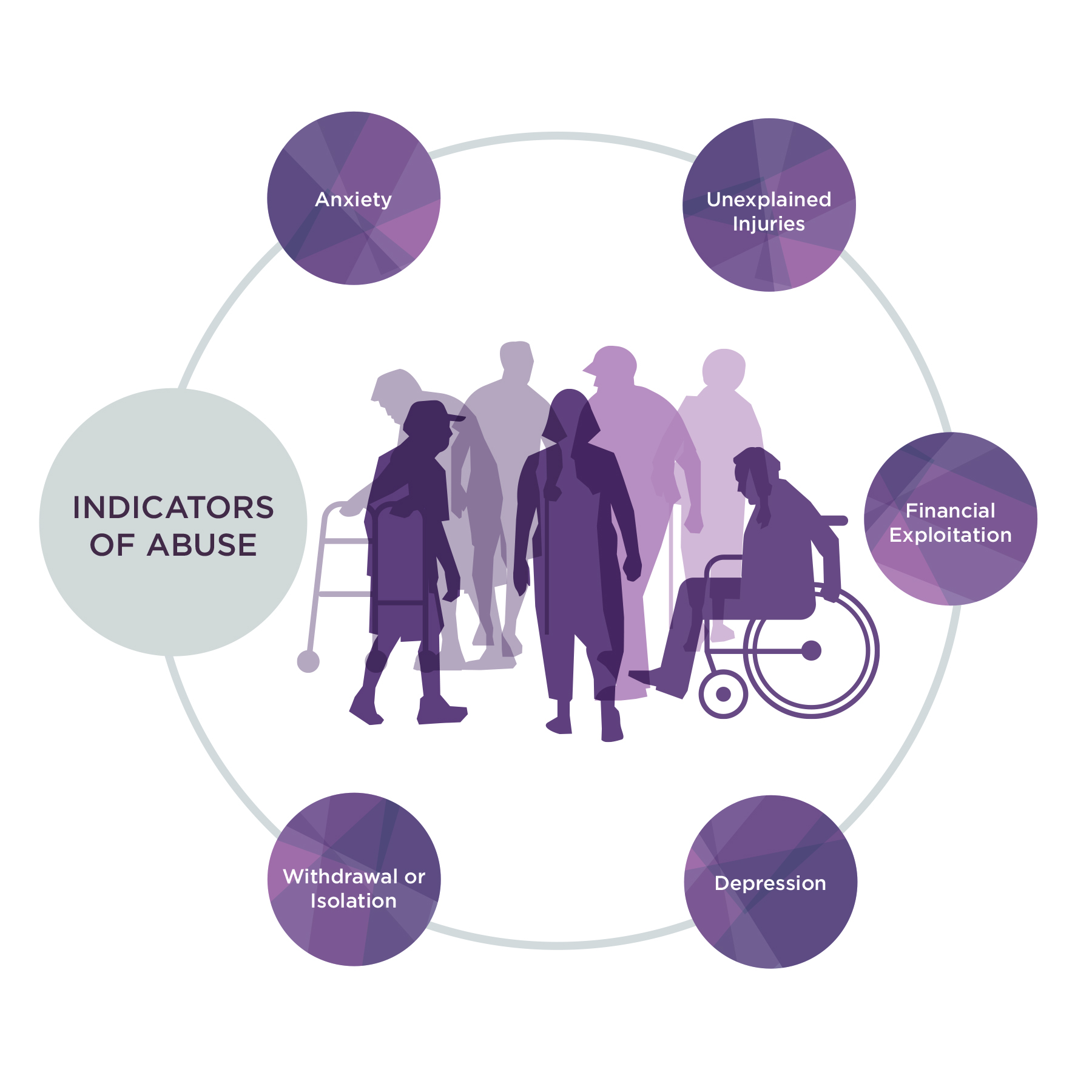
Elderly people who are being abused find it particularly difficult to tell anyone, as they are usually ashamed and often afraid.
If you believe someone is experiencing abuse and is in imminent danger, call the police immediately by dialling 911. You can remain anonymous if you like, but having the opportunity to interview you may provide insight the officer may not otherwise receive.
Victims don't always realize that they can get help from the police, believing that it may not be a criminal matter where police can intervene. Calling the police is an important step in protecting those who may be experiencing abuse.
Calling police can assist in clarifying if the situation is criminal in nature or not. The police may also be able to provide information on other community resources. Again, you can remain anonymous if you prefer.
If the abused senior is isolated or incapacitated, it may be difficult or even impossible for them to call for help. We must be vigilant for them. If you suspect abuse, call police.
Those in regular contact with a senior are normally more aware of the seniors’ regular routines and are better equipped to identify changes that may suggest abuse is an issue.
Those closest to the senior are able to identify concerns, provide emotional support and assist the senior to reach out to services and resources.
Encourage the senior to tell someone else about what is happening. This may be a doctor, social worker, home care nurse, police officer, etc. See the extensive list of resources on this website.
There are many signs that may indicate abuse. Some to watch for are:
- Discrepancies between a person's standard of living and his/her financial assets, or a depletion of assets, without adequate explanation.
- Malnourishment and inadequate physical care.
- Physical injuries, such as bruises, burn marks, welts, rope burns, tufts of hair missing, broken bones, none of which can be adequately explained.
- Withdrawn, apathetic or fearful behaviour, particularly around certain persons.
- Medical needs not attended to.
Unless the person who is being abused is unable to care for themselves or make good personal decisions because of a disability, he or she has the right to choose where and how to live. Occasionally it may be that the abused person chooses to stay in the situation rather than choose an alternative. More often than not however, victims stay because they are not aware of what options are available to them. Providing them the information they need to make good informed choices can be incredibly helpful.
It may also be appropriate to offer assistance to the suspected abuser. Counselling and support services may help alleviate the factors contributing to the abuse. If appropriate, respite care is available for the senior. This may assist the abuser (or potential abuser) by reducing stress. Situations of abuse must be handled carefully so that the situation is not aggravated.
If you have any concerns at all about what you should do, there are resources you can call.
These include:
- The Seniors Protection Partnership Intake Line: 780-477-2929
- The Seniors’ Abuse Helpline: 780-454-8888 (available 24 hours a day), or
- The Edmonton Police Service: 780-423-4567 (available 24 hours a day).
We will be more than willing to discuss any concerns you may have.
Remember… “HELP IS AVAILABLE”.